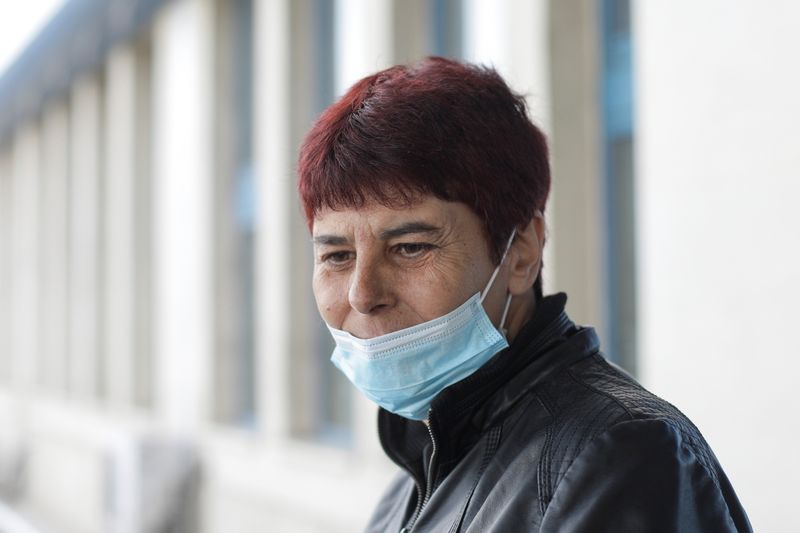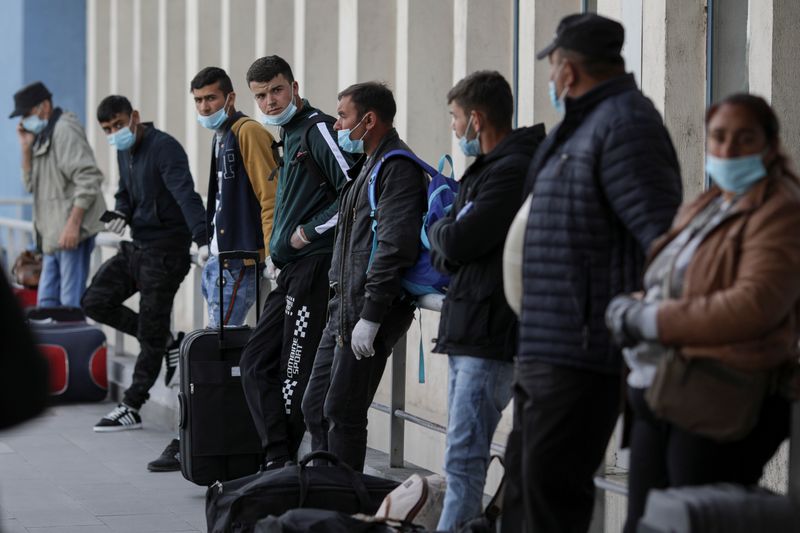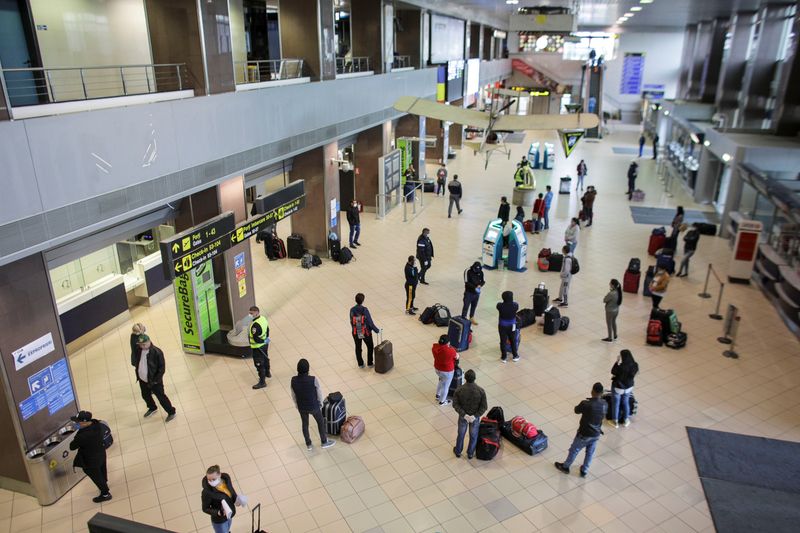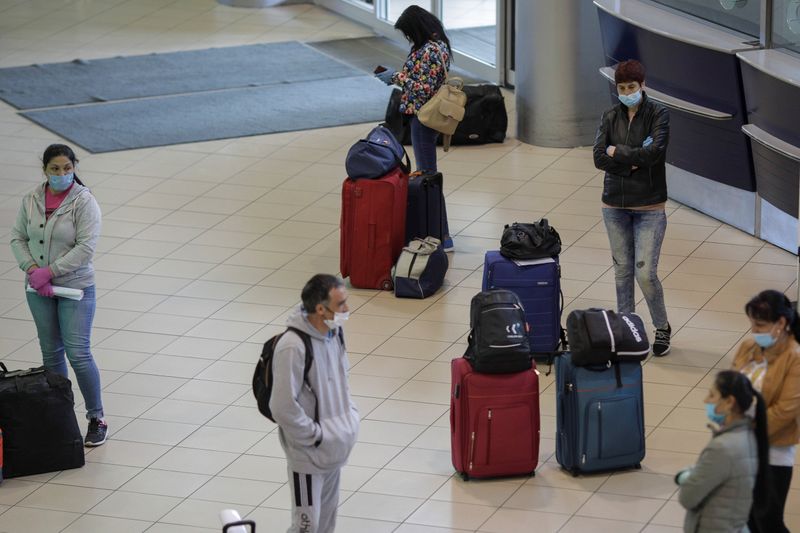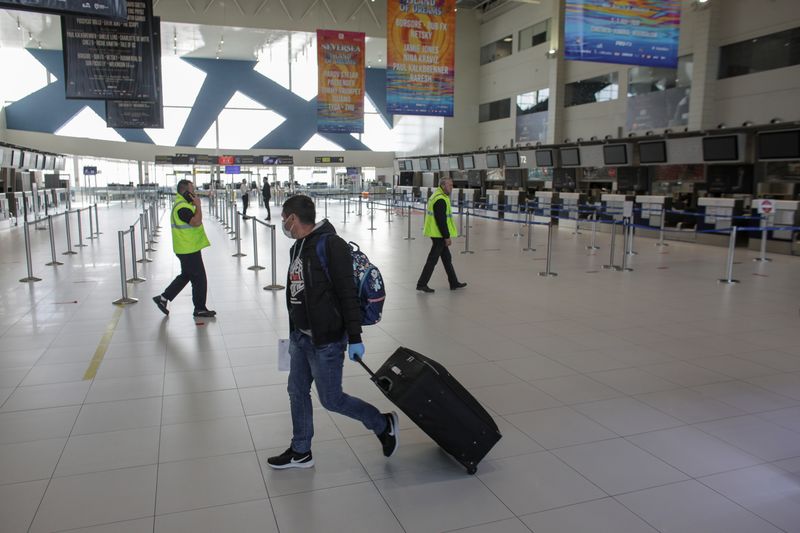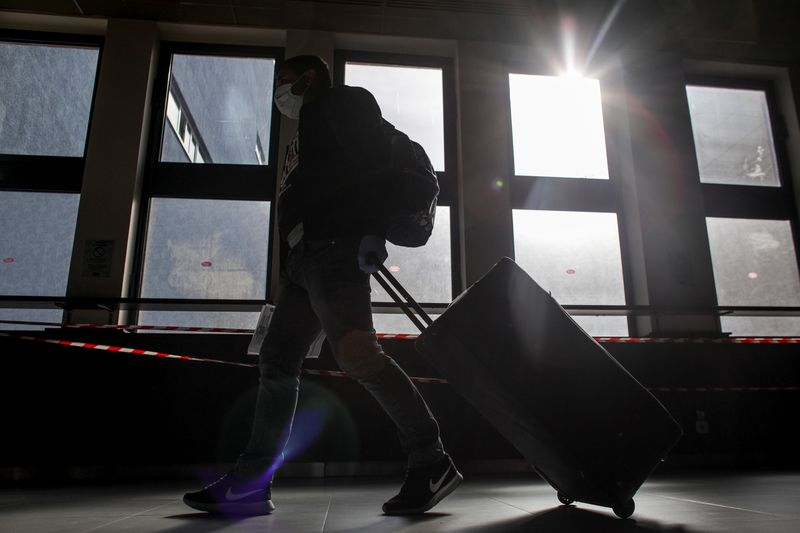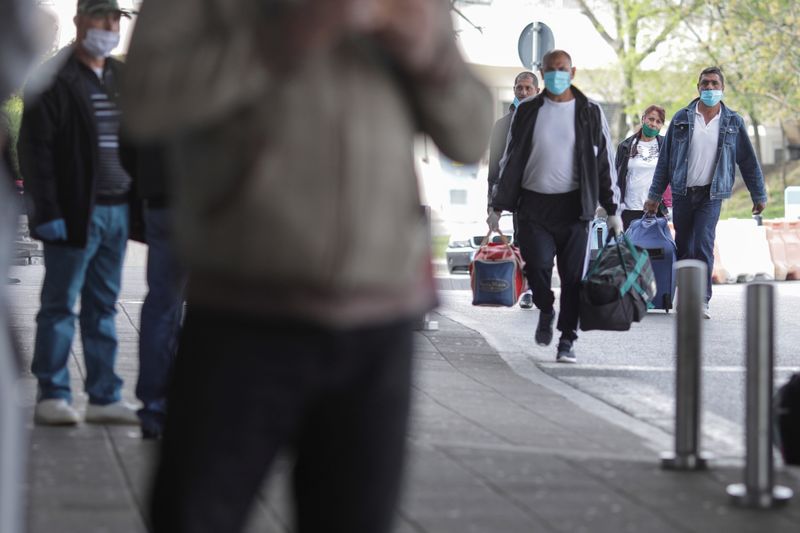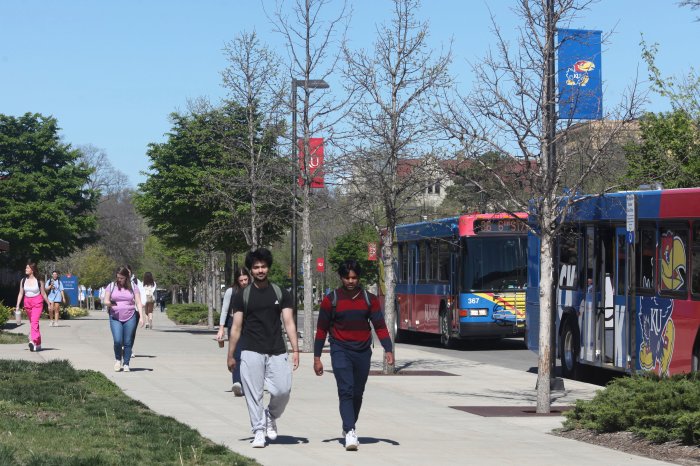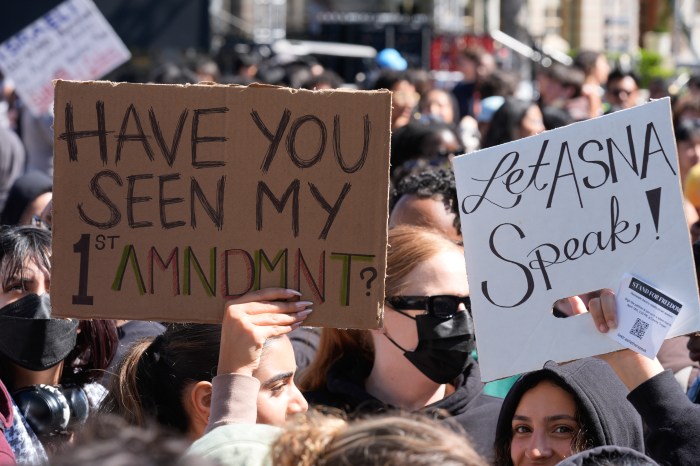BUCHAREST (Reuters) – Carmen Mocanu, a 51-year-old labourer, has spent most springs for 15 years picking fruit and vegetables on a German farm.
When her employer called again this April, she decided to go, despite the coronavirus pandemic that has forced countries across Europe to go into lockdown, including her native Romania.
Travelling might carry additional health risks but she felt she might be safer in German hospitals than in Romania, if she did contract the highly contagious virus. And the money, about six times what she earns at home, was important.
Tens of thousands of Romanians are expected to make the same choice in the coming weeks, flying to Germany and Britain, where farmers have lobbied their governments to relax travel restrictions and allow badly needed foreign workers – primarily from poorer eastern Europe – to rescue harvests.
Waiting at the airport in Bucharest, Mocanu greeted familiar faces she had met on previous travels.
“The work is the same as here, but over there it is much better paid, and we’ve been taken care of,” said Mocanu, wearing a protective mask and gloves, as she waited with some 300 others to board planes for Dusseldorf and Rheinmunster in Germany.
Some were travelling with family members. Many have been working on farms in Germany for years.
Like many other countries in Europe, Romania has closed schools and restaurants and banned public gatherings before enforcing a nationwide lockdown on March 24. It has reported 8,067 coronavirus cases and 411 deaths.
Some German trade unionists have warned of risks that some seasonal workers might be underpaid, overworked and not be granted health insurance, but Mocanu said the fear she would be infected with coronavirus was not an overriding concern.
She and the new arrivals will get a medical checkup on arrival, will be isolated from other workers for two weeks and will lodge two to a room instead of four as in previous years.
Images of almost 2,000 Romanians crowding to catch back-to-back charter planes in the western city of Cluj last week fuelled a heated public debate in Romania, with some worried about the spread of disease.
A resident of the eastern Romanian town of Buzau, Mocanu normally earns 16 euros a day working in a nursing home. She has seen her town shrink every year as people leave, frustrated with low pay, political corruption and decrepit public services.
Roughly five million Romanians now live abroad, a third of the total population.
Mocanu first found work in Germany through her twin sister, who immigrated there permanently with her husband and son.
“It was hard in the beginning, your back hurts from bending so much, but it’s worth it in the end. It’s a financial choice.”
(Editing by Justyna Pawlak and Gareth Jones)

